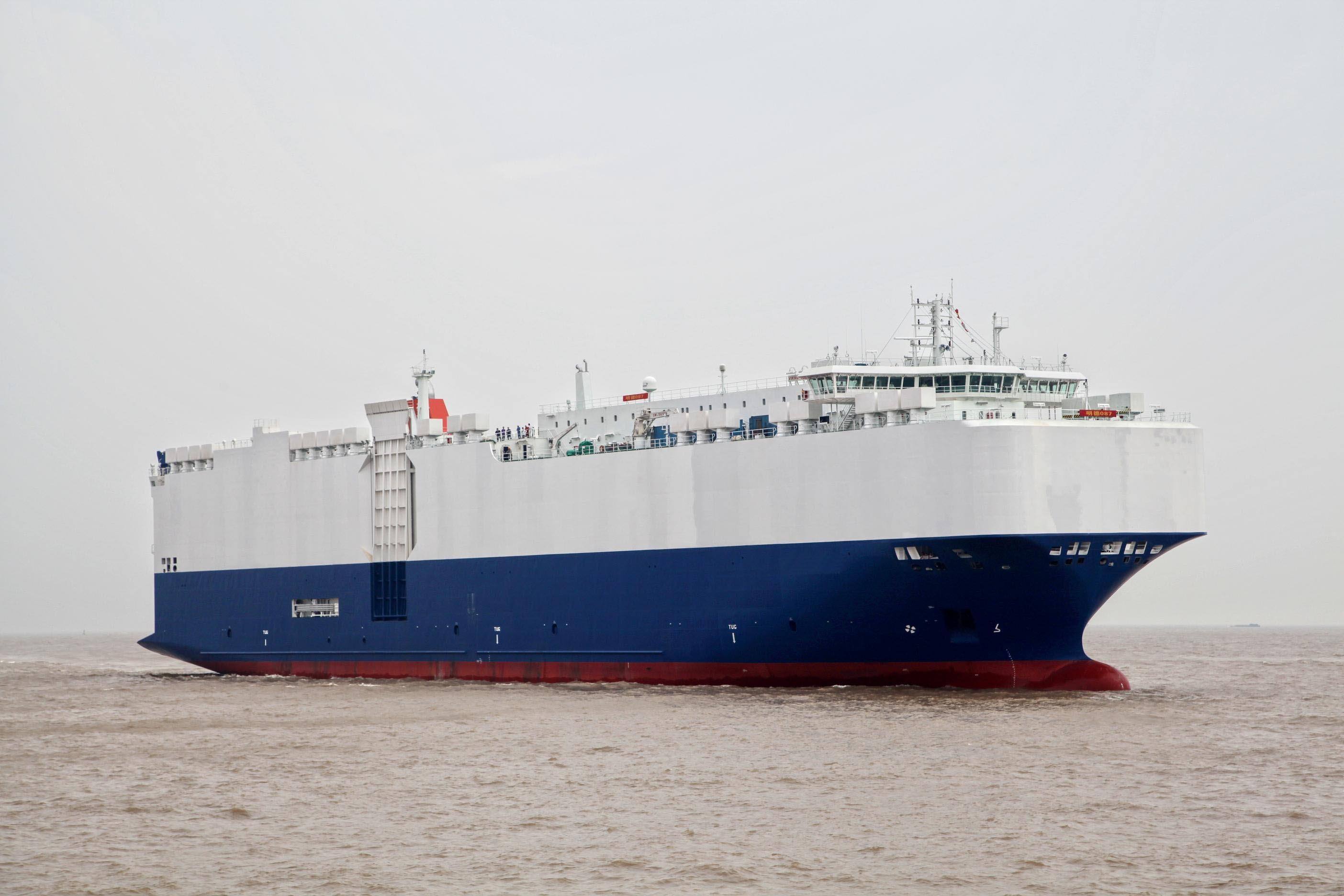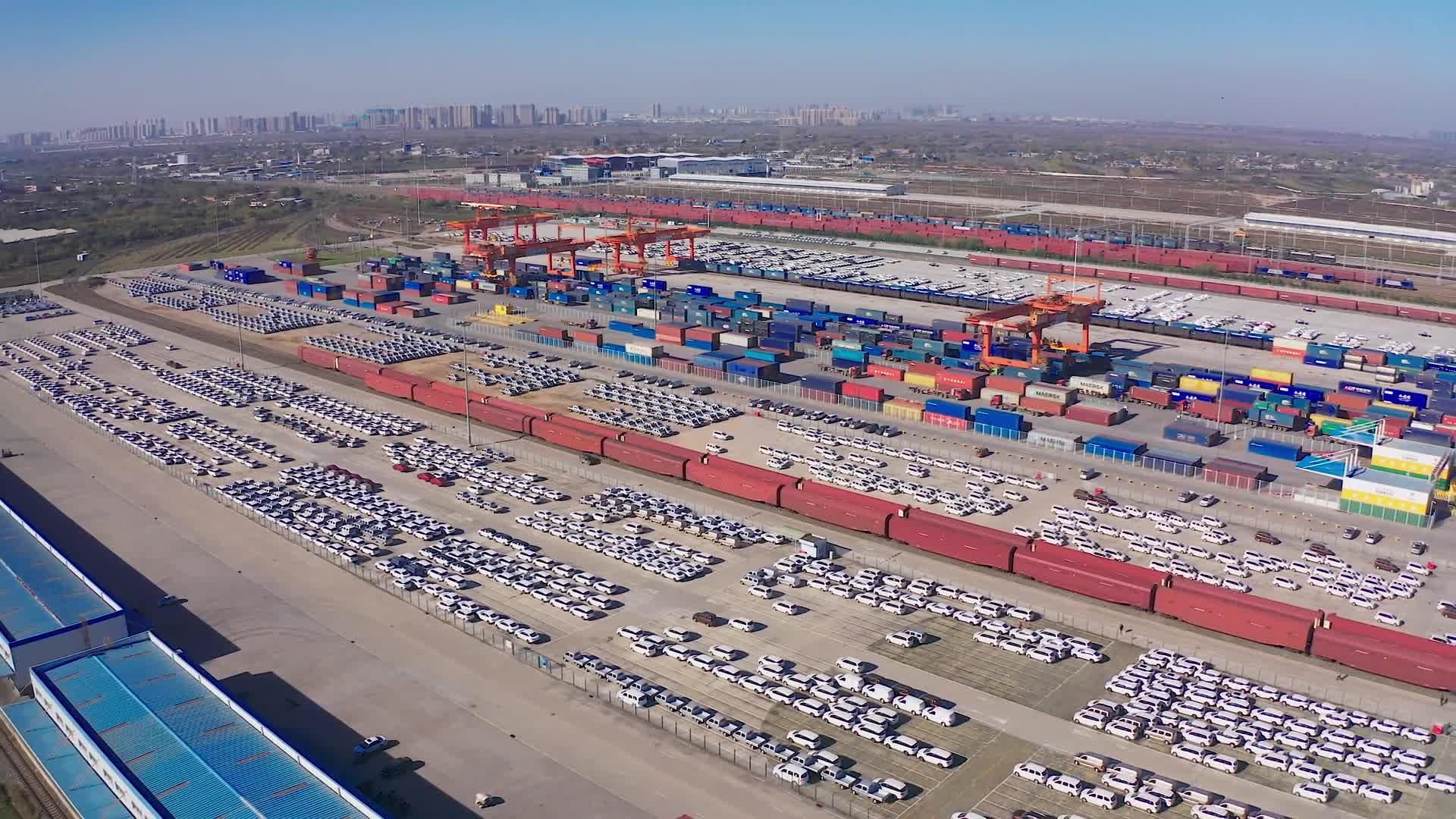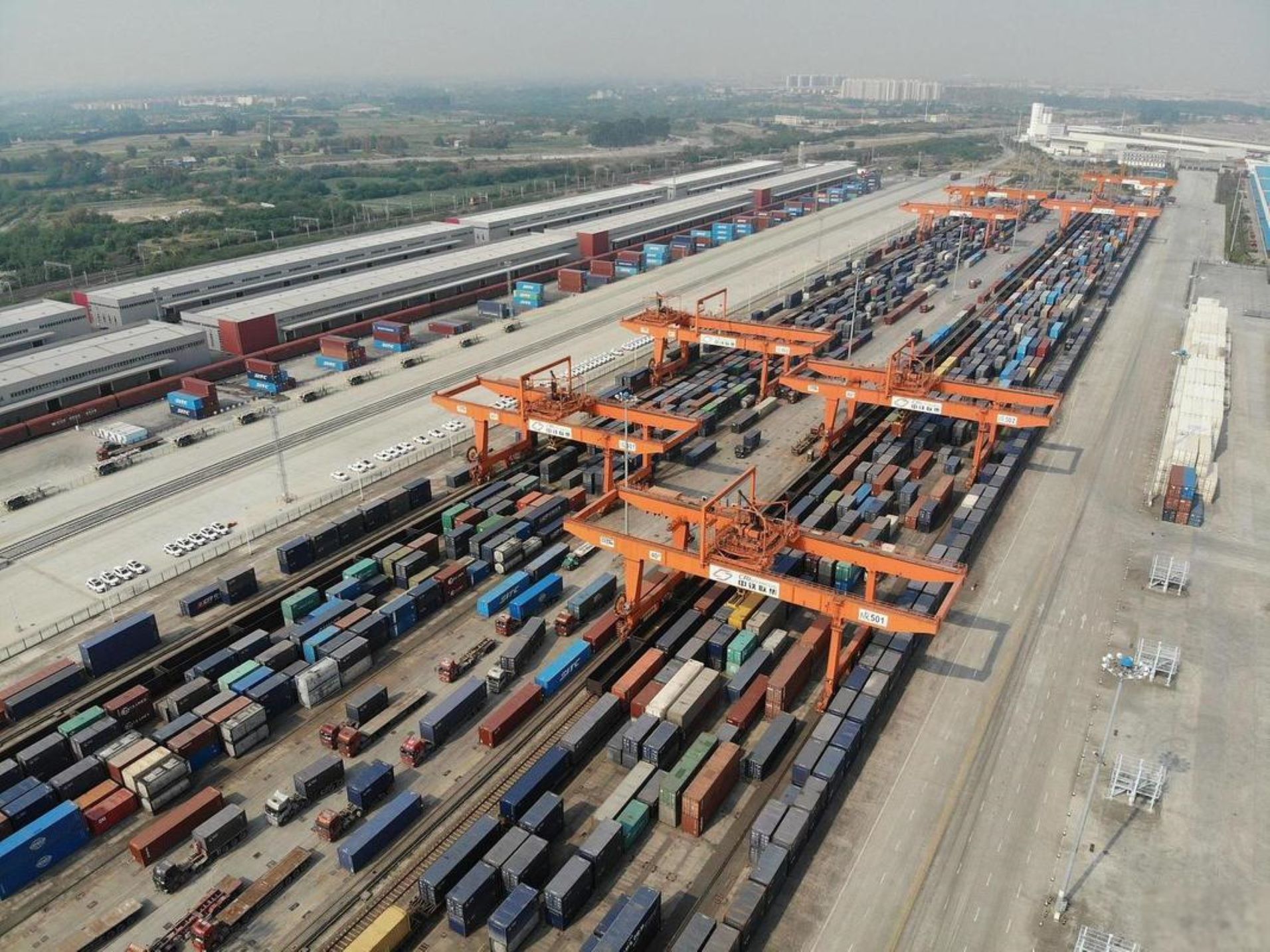International Logistics
Bulk carrier logistics
Bulk carrier logistics refers to the transportation and management activities of goods carried out through bulk carriers (a type of vessel specifically designed for transporting large quantities of bulk cargo such as coal, ore, grain, cement, etc.). This mode of transportation plays an important role in international trade and global supply chains. The following are the key elements and characteristics of bulk carrier logistics:

characteristic
1. Large capacity transportation: Bulk carriers usually have a large cargo loading capacity and are suitable for the transportation of bulk goods.
2. Cost efficiency: Due to the ability to load a large amount of goods, the transportation cost per unit of goods is relatively low.
3. Flexibility: Bulk carriers can transport various types of bulk cargo with high adaptability.
4. Environmental impact: The transportation process of bulk carriers may have an impact on the environment, and environmental protection measures need to be taken.
key link
1. Cargo loading and unloading: Use specialized loading and unloading equipment, such as grab buckets, conveyor belts, etc., to load or unload bulk cargo from ships.
2. Cargo storage: On board the ship, the cargo needs to be properly stored in the cargo hold to prevent displacement or damage.
3. Transportation management: Plan the optimal route, manage shipping schedules, and ensure that goods arrive at their destination on time.
4. Goods tracking: Using modern information technology to track goods, ensuring their safety and updating their status in a timely manner.
technical requirement
1. Loading and unloading technology: Efficient loading and unloading technology to reduce the duration of goods staying at the port.
2. Ship design: Bulk carriers require special designs to adapt to different types of bulk cargo.
3. Navigation and communication: Advanced navigation and communication equipment ensures safe navigation of ships on a global scale.

risk management
1. Goods damage: Take measures to prevent damage to the goods during transportation.
2. Maritime safety: Comply with the safety regulations of the International Maritime Organization to prevent maritime accidents.
3. Market volatility: Addressing the impact of price fluctuations in the goods market on transportation demand.
advantage
1. Economies of scale: Large capacity transportation can reduce the transportation cost per unit of goods.
2. Transportation efficiency: The specialized design of bulk carriers improves the efficiency of loading, unloading, and transportation.
3. Global coverage: The transportation network of bulk carriers covers the world and provides support for international trade.
Challenge
1. Transportation costs: With fluctuations in fuel prices and operating costs, controlling transportation costs becomes a challenge.
2. Environmental regulations: Comply with increasingly strict environmental regulations to reduce ship emissions and pollution.
3. Market competition: Faced with competition from other transportation modes such as container ships and pipeline transportation.

Bulk carrier logistics is a key component of the global bulk cargo supply chain, which requires a high degree of professionalism, efficiency, and safety. With the development of global trade and technological innovation, the bulk carrier logistics industry is also constantly advancing to meet the growing transportation demand and environmental requirements.
